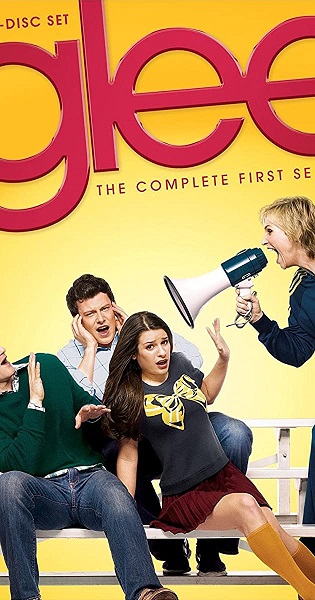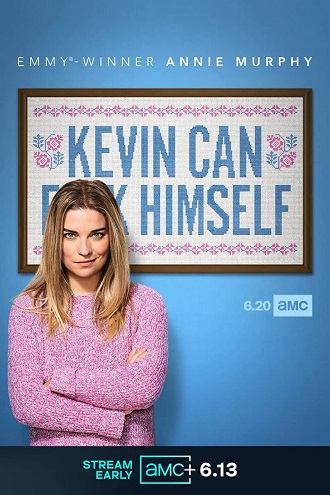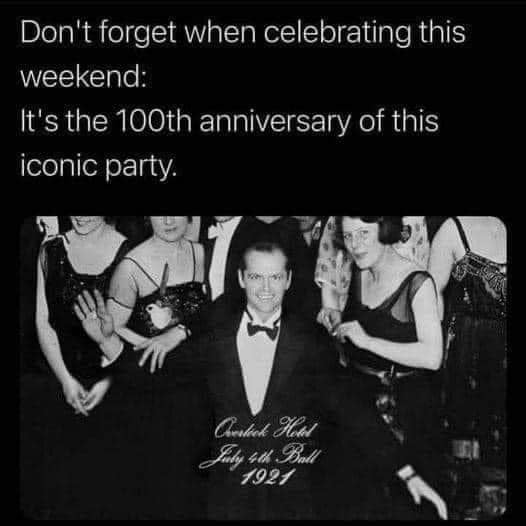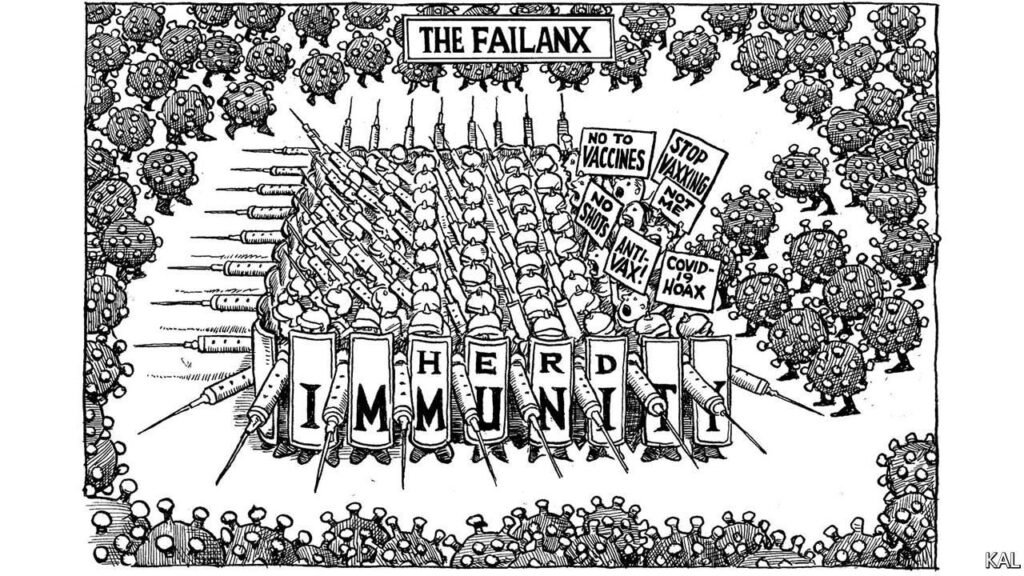Glee, Another “Old” TV Show to Review
Some time back we were watching Smallville, and I noted in my mini-review that the family might move on to the popular television show Glee next. We did binge-watch the first season some time ago, but didn’t go any further. I guess we weren’t pulled in. We watched it on Netflix. The girl and her boys had already watched the series when the boys were young; they were interested in rewatching it and in catching me up on it. I’m always way behind on my pop culture consumption.
Here is my take on the show.

Glee revolves around a high school glee club and their competition with other better-funded and more talented glee clubs in other high schools, as well as their competition for status and funding with the more prestigious cheerleader club in their own school. If you don’t know what a glee club is, it’s a musical or choir group.
In this case, the club is co-ed and performs musical numbers with a significant amount of dance choreography, which are way more sophisticated than what you would expect a high school glee club to be able to pull off. You don’t even see them rehearse much! They kind of cheated with the casting; the star student of the show, Lea Michele, was a child actress on Broadway. As is typical for these kinds of TV shows, the cast of students is a bit older than high school age. This all leads to a very unrealistic portrayal of an extra-curricular activity, but if you think of this show as basically a musical, then it’s fine for it to be unrealistic.
Glee might also be unrealistic in how it portrays the rest of the high school experience; at least, that was my impression. The show covers typical high school concerns like bullying, cliques, overbearing parenting, teenage sex – but in over the top ways. I couldn’t help but wonder, “is that really what high school is like now?” I think it’s meant to be parody to some extent, but as I haven’t been in high school since the 1980s, I guess I could be wrong. I do think it captures one Millennial generation theme well: it emphasizes diversity and inclusivity, and the students always choose what is best for the group in the end.
Meanwhile the Gen-X teachers and staff are caught up in their own drama, and struggling to find their footing in their personal and professional lives. A career in high school education isn’t exactly glamorous or fulfilling, as it is portrayed. The one Boomer on the cast (Jane Lynch was born in 1960 so I’m giving her that) portrays the domineering cheerleader coach, and she is driven to the point of insanity. Again, one wonders, “could a teacher really get away with that?” She does have her redeeming qualities, however, which we discover as the season progresses.
The show aired from 2009-2015, which puts it squarely in this Crisis Era, and means that these characters are all in the second wave of their respective generations. In other words, the characters would have been born in the 1990s, since they are teens in 2009. The actors, however, are first wave Millennials, born in the 1980s. It’s odd, but it does allow the show to explore more mature themes.
Sadly, Glee’s cast seems to be cursed; no fewer than three cast members have died in the past decade, with one of them surrounded by scandal. Is it really a curse, or just bad luck? I guess that’s the same thing. It’s not enough of a taint to stop me from wanting to watch the show, which is what happened to me with regard to the scandal around the Smallville cast.
The Millennial generation is now on the cusp of middle age, so it is not surprising that tragedies befalling their individual members have accumulated. Things do seem less sunny for them now. But I’ll try to conclude this little review on a more positive note.
With it’s thrilling musical numbers, and fun energy, Glee is enjoyable even though its characters and plot are unrealistic. It’s like a relic of a not so distant past when there was more optimism surrounding the prospects of the young generation. Just think of it as a musical when you watch it, and hope, like I do, for a happy ending.


